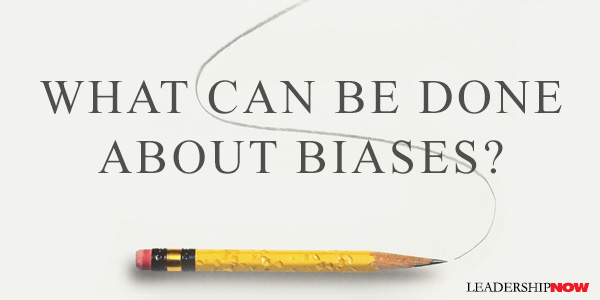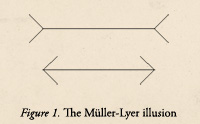 |
 |
12.23.11

What Can Be Done About Biases?
HOW can we improve judgments and decisions, both our own and those for the institutions we serve and that serve us? The short answer is that little can be achieved without a considerable investment of effort. Two systems drive the way we think and make choices: System One is fast, intuitive, and emotional; System Two is slower, more deliberative, and more logical. The way to block errors that originate in System 1 is simple in principle: recognize the signs that you are in a cognitive minefield, slow down, and ask for reinforcement from System 2.  The voice of reason may be much fainter than the loud and clear voice of an erroneous intuition, and questioning your intuitions is unpleasant when you face the stress of a big decision. More doubt is the last thing you want when you are in trouble. The upshot is that it is much easier to identify a minefield when you observe others wandering into it than when you are about to do so. Observers are less cognitively busy and more open to information than actors. Organizations are better than individuals when it comes to avoiding errors, because they naturally think more slowly and have the power to impose orderly procedures. Organizations can institute and enforce the application of useful checklists, as well as more elaborate exercises, such as a reference-class forecasting and the premortem. At least in part by providing a distinctive vocabulary, organizations can also encourage a culture in which people watch out for one another as they approach minefields. Ultimately, a richer language is essential to the skill of constructive criticism. There is a direct link from more precise gossip at the watercooler to better decisions. Decision makers are sometimes better able to imagine the voices of present gossipers and future critics than to hear the hesitant voice of their own doubts. They will make better choices when they trust their critics to be sophisticated and fair, and when they expect their decisions to be judged by how it was made, not only by how it turned out.

Posted by Michael McKinney at 08:21 AM
|
BUILD YOUR KNOWLEDGE
 

How to Do Your Start-Up Right STRAIGHT TALK FOR START-UPS 
Grow Your Leadership Skills NEW AND UPCOMING LEADERSHIP BOOKS 
Leadership Minute BITE-SIZE CONCEPTS YOU CAN CHEW ON 
Classic Leadership Books BOOKS TO READ BEFORE YOU LEAD |